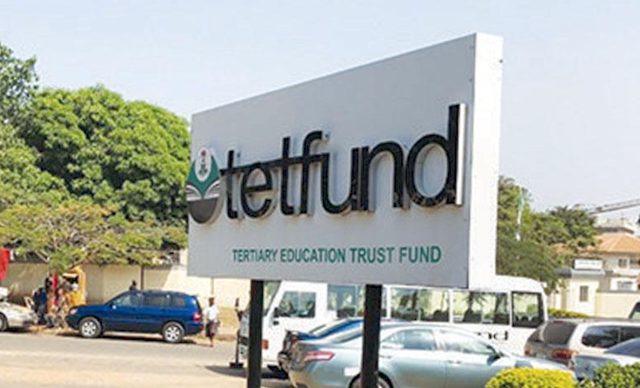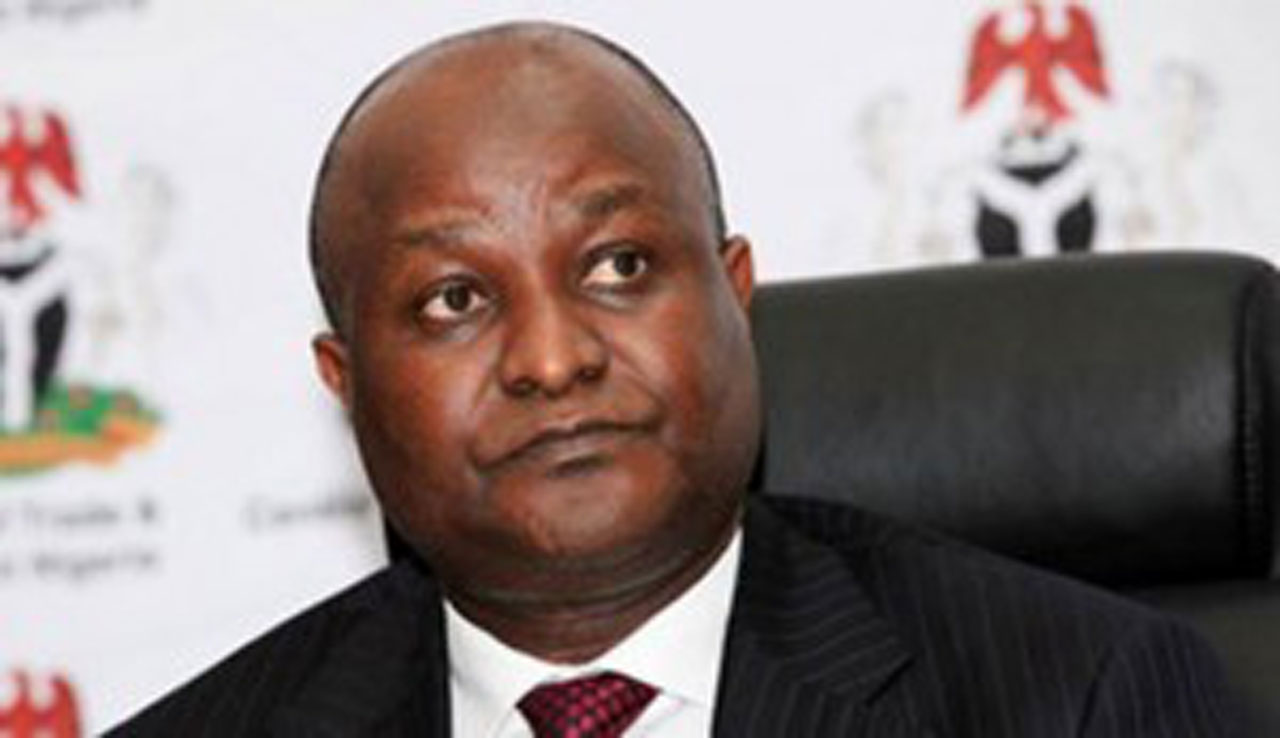
The House of Representatives, on Wednesday, passed the Tax Reform Bills through second reading after an intense three hours debate with lawmakers overwhelmingly supporting the proposed legislations despite some reservations.
The bills which include the Nigeria Tax Bill 2024, the Tax Administration Bill, the Nigeria Revenue Service Establishment Bill, and the Joint Revenue Board Establishment Bill were passed during the plenary session presided over by Speaker Tajudeen Abbas.
The bills aimed at overhauling Nigeria’s tax system to improve revenue generation and curb leakages, received broad approval, with many lawmakers agreeing on the need for reforms to strengthen the economy.
However, some lawmakers during the debate of the general principle of the bill expressed concerns over the potential impact of some sections on key government agencies, Tertiary Education Trust Fund (TETFUND), National Agency for Science and Engineering Infrastructure (NASENI) and
National Information Technology Development Agency (NITDA).
Before the passage, the House consolidated the four bills before it began debating their general principles
The consolidation of the bills followed a motion by the House Leader, Prof Julius Ihonvbere following the leave granted by the Speaker.
The bills consolidated by the House include: “A Bill For an Act to Provide for the Assessment, Collection of, and Accounting for Revenue Accruing to the Federation, Federal, States and Local Governments; Prescribe the Powers and Functions of Tax Authorities, and for Related Matters (HB.1756); A Bill for an Act to Repeal the Federal Inland Revenue Service (Establishment) Act, No.13, 2007 and Enact the Nigeria Revenue Service (Establishment) Bill to Establish Nigeria Revenue Service, charged with Powers of Assessment, Collection of, and Accounting for Revenue Accruable to the Government of the Federation and for Related Matters (HB.1757).
Others include: A Bill for an Act to Establish the Joint Revenue Board, the Tax Appeal Tribunal and the Office of the Tax Ombud, for the Harmonisation, Coordination and Settlement of Disputes arising from Revenue Administration in Nigeria and for Related Matters (HB.1758) and A Bill for an Act to Repeal Certain Acts on Taxation and Consolidate the Legal Frameworks Relating to Taxation and Enact the Nigeria Tax Act to Provide For Taxation of Income, Transactions and Instruments, and for Related Matters (HB.1759).
The House Leader, Prof Julius Ihonvbere, led the lead debate on the consolidated tax reform, stressing the necessity of overhauling the country’s tax reform which he described as obsolete.
Ihonvbere, led the lead debate on the consolidated tax reform, stressing the necessity of overhauling the country’s tax reform which he described as obsolete.
Ihonvbere, while speaking on the general principles of the bills said the legislations, thanked the Nigerian Governors’ Forum for their valuable inputs in retooling the aspect of the VAT sharing formula which helped in dousing the earlier concerns that trailed the tax reform bills.
He said the bill which aims to modernise the tax reform system will empower citizens and enhance inclusive growth.
While the majority of the lawmakers spoke in support of passage of the bill for second reading, some voiced concerns and urged their colleagues to review certain sections.
Abubaka Fulata, Lawmaker representing Birniwa/Guri/Kiri Federal Constituency of Jigawa State, however raised concerns about the absence of interpretation clauses in most of the bills except for the tax administration bill.
He warned that without clear definitions, the implementation of the law could be subject to misinterpretation and abuse.
He also opposed clauses that sought to phase out certain government agencies, such as TETFUND, which he believed played a crucial role in the education sector.
Part X of the NTB 2024 covers Development Levy which is imposed on the assessable profits of all companies chargeable to tax under Chapters 2 and 3 of the bill. Education Tax, from which the Tertiary Education Trust Fund, TETFund benefits, falls under the Development Levy in the proposed bill.
Also, the Nigerian Education Loan Fund, NELFund Act 2023, NITDA Act 2007 and NASENI Act Cap NLFN 2004 as amended, made them to benefit from taxes, levies and duties collected by the Federal Inland Revenue Service from some public quoted companies
He expressed concern over provisions of Section 59 (3) of the NTB 2024 which states how the Development Levy is to be shared among TETFund, NELFUND (Student Loan Scheme), NASENI and NITDA beginning from 2025 to 2030 and beyond.
The proposed bill states that in 2025 and 2026, TETFund would get 50 per cent of all the Development Levy collected, NITDA 20 per cent, NASENI five per cent and NELFUND 25 per cent
In 2027, 2028 and 2029, TETFund 66.7 per cent, and NELFUND 33.3 per cent , while NASENI and NITDA will get nothing.
In 2030 and beyond it is NELFUND that will get 100 per cent of the levy, while the others get nothing.
“I don’t think we should try to phase out NETFUND” he said.
Fulata also questioned the inconsistency clauses in the bill, which he argued might conflict with constitutional provisions, while stressing the importance of reviewing the 40 existing acts that the bill seeks to amend.






